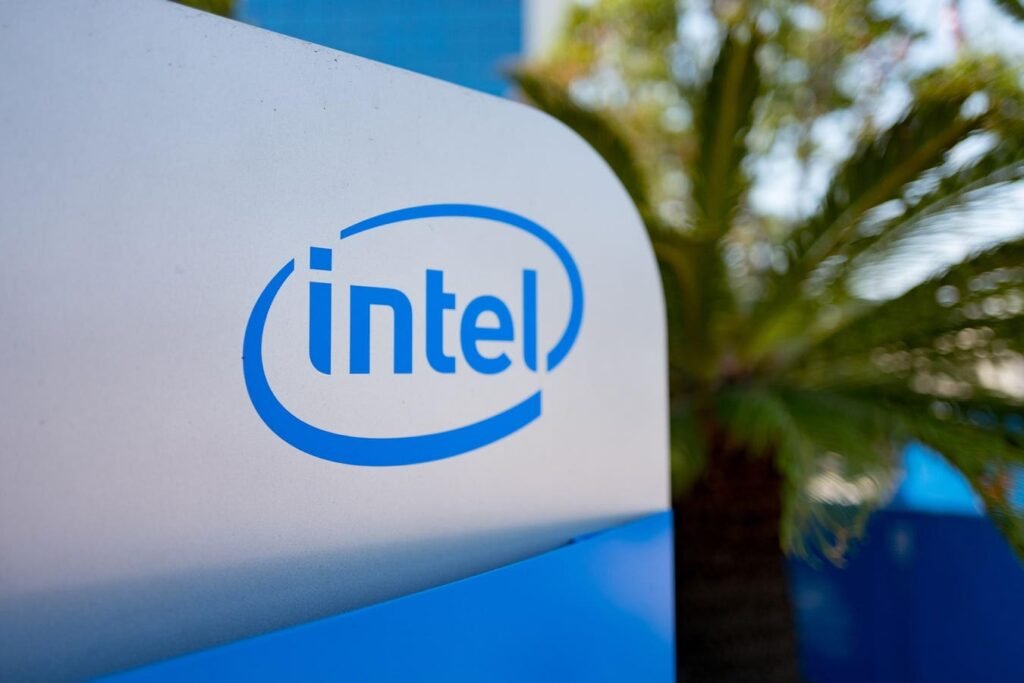Intel stock (NASDAQ: INTC) faced challenges in Q2 2024, reporting weaker-than-expected earnings and providing a tough outlook for Q3 with revenue guidance below estimates. The company aims to cut over 15% of its workforce and reduce costs by $10 billion next year as it struggles to compete in the PC and server space. AI workloads are increasingly shifting the market dynamics towards graphics processors, with Nvidia dominating this space. Intel’s production issues and slower adoption of AI technology are contributing to its declining market share in both the server and PC sectors.
Intel is striving to expand its presence in the AI market with its Gaudi 2 and upcoming Gaudi 3 accelerators designed for data centers. The company is focusing on offering competitive pricing for its AI chips but faces stiff competition from Nvidia, which has been leading in both market share and technological advancements. Nvidia’s new H200 chip sets a higher benchmark for accelerated computing, while Intel is still playing catch-up in terms of overall performance. Additionally, Nvidia’s proprietary programming languages could pose a challenge for Intel as it enters the AI market.
Despite ramping up AI chip capacity, Intel may face mixed demand outlook due to the slowing economy and potential shifts in AI workload requirements. The company’s weaker manufacturing technologies put it at a disadvantage compared to fabless competitors like AMD and Nvidia, which rely on more advanced production processes. Intel’s partnership with TSMC for AI projects may help enhance its production capabilities, but the company still has significant hurdles to overcome in establishing itself as a competitive player in the foundry space.
Intel stock has experienced significant fluctuations, declining by 55% since early 2021. The stock underperformed the S&P 500 in 2021 and 2022 but saw a notable increase in 2023. In comparison, the Trefis High Quality Portfolio, containing 30 stocks, outperformed the S&P 500 consistently over the same period. This raises questions about Intel’s future performance, especially in the current macroeconomic environment with high oil prices and elevated interest rates.
Despite recent challenges, Intel’s valuation appears reasonable, trading at around 16x consensus 2025 earnings. The company could benefit from the recovery of the PC market and potential gains in the AI space, leveraging its strong relationships with PC vendors. Trefis values Intel stock at $30 per share, indicating potential for growth from the current market price. The future performance of Intel stock remains uncertain, but the company’s strategic initiatives in the AI sector could position it for long-term success.

